The educational process has no end beyond itself; it is its own end
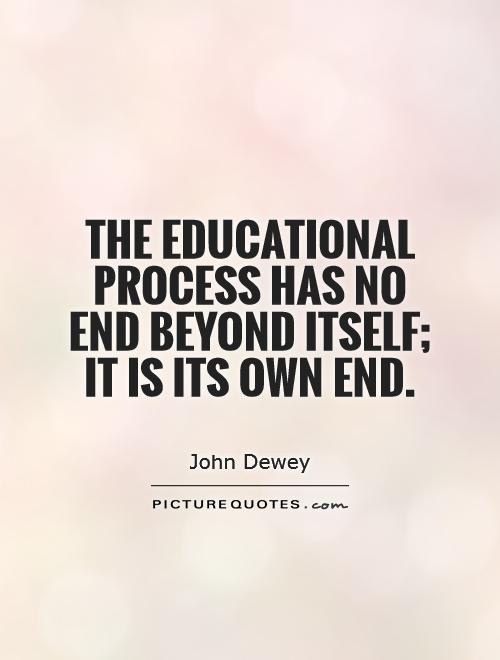
The educational process has no end beyond itself; it is its own end
John Dewey, a prominent American philosopher, psychologist, and educational reformer, believed that education is not just a means to an end, but rather a lifelong process that has intrinsic value in and of itself. Dewey's philosophy of education emphasized the importance of experiential learning, critical thinking, and the development of practical skills that are relevant to the real world. In this context, Dewey argued that the educational process has no end beyond itself; it is its own end.For Dewey, education was not just about acquiring knowledge or skills to prepare students for future success in the workforce. Instead, he believed that education should be focused on the holistic development of the individual, fostering intellectual, emotional, and social growth. Dewey emphasized the importance of hands-on learning experiences, where students actively engage with the material and apply their knowledge in real-world contexts. This approach to education, known as "progressive education," aimed to cultivate critical thinking skills, creativity, and problem-solving abilities in students.
In Dewey's view, the educational process is a continuous journey of discovery and growth that extends beyond the classroom. He believed that learning should be a lifelong pursuit, with individuals constantly seeking new knowledge and experiences to enrich their lives. Dewey argued that education should not be confined to a specific time or place, but rather should be integrated into all aspects of life.
Furthermore, Dewey believed that education should be democratic and inclusive, providing all individuals with equal opportunities to learn and grow. He advocated for a student-centered approach to education, where teachers act as facilitators of learning rather than mere dispensers of information. Dewey believed that students should be actively involved in their own education, taking ownership of their learning and pursuing their interests and passions.
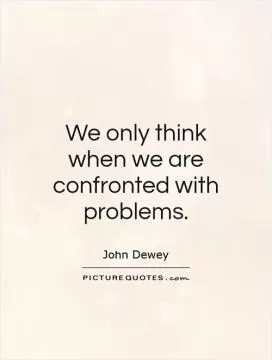
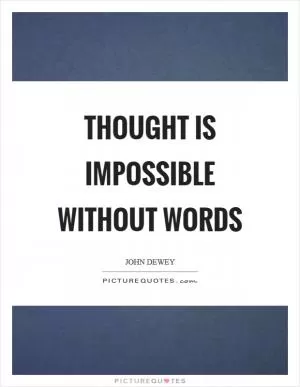
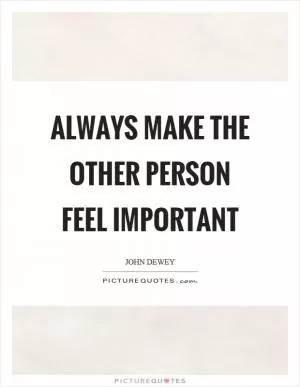
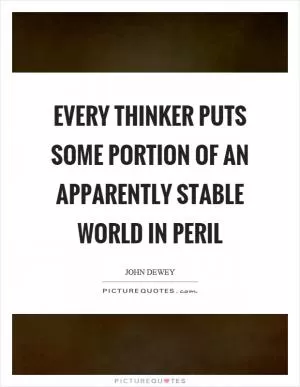
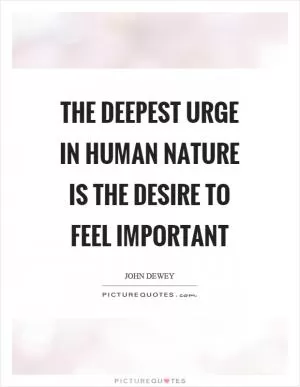
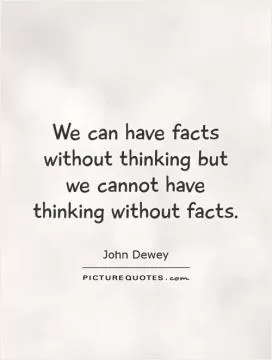

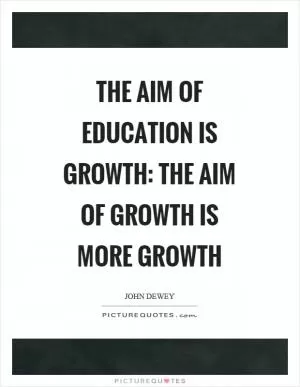


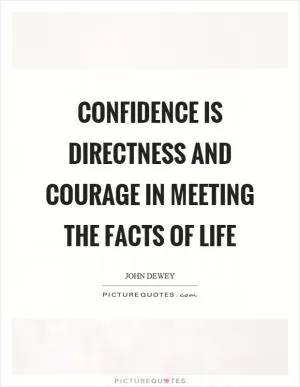

 Friendship Quotes
Friendship Quotes Love Quotes
Love Quotes Life Quotes
Life Quotes Funny Quotes
Funny Quotes Motivational Quotes
Motivational Quotes Inspirational Quotes
Inspirational Quotes